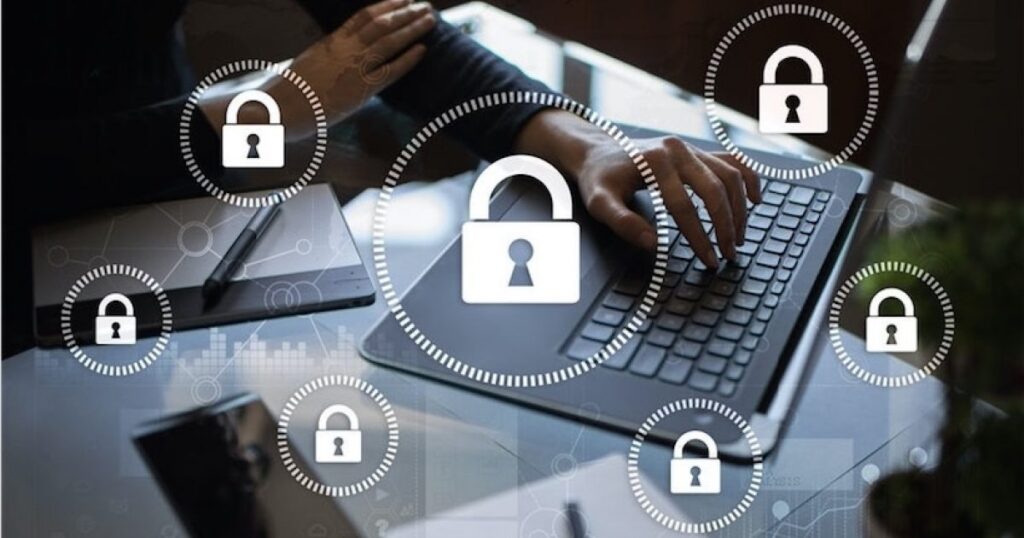Importance of Website Security
Imagine your website – your online storefront, your creative portfolio, your community hub – as a bustling castle. It’s filled with valuable treasures (data, customer information, reputation), and attracts visitors from all corners of the internet. But what if the gates were weak, the walls crumbly, and the guards asleep? That’s the danger of neglecting website security – it leaves your digital castle vulnerable to invaders.

Why Website Security is No Longer Optional
In today’s digital age, cyber threats lurk around every corner. Hackers are constantly devising new ways to exploit vulnerabilities, steal sensitive information, and wreak havoc on websites. Here’s why website security should be a top priority:
- Protecting Your Visitors’ Trust: Your website visitors entrust you with their personal information, from email addresses to payment details. A security breach can expose this data, leading to identity theft and a damaged reputation.
- Guarding Your Digital Assets: Websites often store valuable assets like intellectual property, customer databases, and confidential documents. Strong security safeguards these assets from unauthorized access.
- Maintaining Business Continuity: A website under attack can experience downtime, lost sales, and a tarnished brand image. Website security helps prevent these disruptions and keeps your online business running smoothly.
- SEO and Security Go Hand-in-Hand: Search engines like Google prioritize secure websites. Hacked sites can be penalized or even blacklisted, making them invisible to search engine users.
Building Your Digital Defense: Essential Security Measures
Fortunately, there are steps you can take to fortify your website and deter cyberattacks:
- Fortress Fundamentals: Strong Passwords & Updates: Enforce strong, unique passwords for all accounts and religiously implement software updates to patch vulnerabilities.
- The Great Wall of SSL: Secure Sockets Layer (SSL) encrypts data transmission between your website and visitors. Look for the padlock symbol in the address bar to ensure your website uses SSL.
- Guarding the Gates: Firewalls & Security Software: Firewalls act as a barrier, filtering incoming traffic and blocking suspicious activity. Security software can detect and prevent malware infections.
- Regular Backups: Your Safety Net: Regular backups create a copy of your website’s data. In case of an attack, you can restore your website to a clean version.
- Staying Vigilant: Monitoring & Threat Awareness: Monitor your website for suspicious activity and educate yourself on the latest cyber threats to stay ahead of the curve.
Website Security: A Shared Responsibility
Website security is not a one-time fix; it’s an ongoing process. By working with security professionals, staying informed, and implementing robust security measures, you can create a digital fortress that protects your website, your visitors, and your business reputation. Remember, in the ever-evolving world of cybersecurity, vigilance is key.
So, website owners, are you ready to take a stand for website security? The tools and knowledge are at your disposal. By building a robust defense system, you can ensure your online castle remains a safe haven for all who enter.

